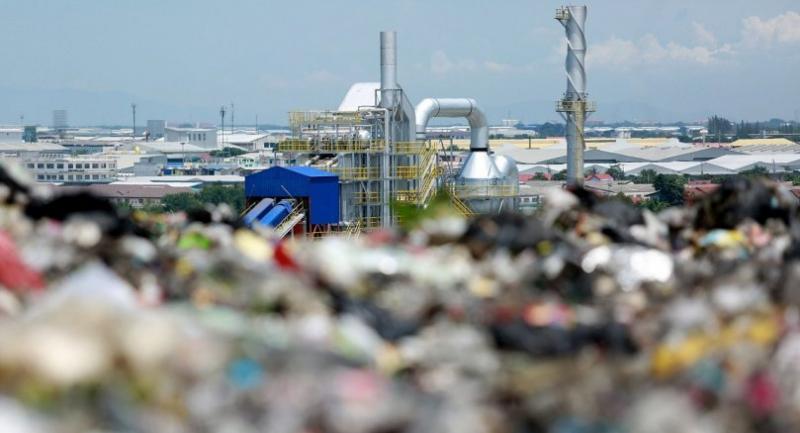The government of Togo in cooperation with its Canadian province of Quebec counterpart is set to construct waste management and energy recovery unit in Kloto, Togo.
The project will be implemented by Montreal-based Biothermica Technologies Inc., which is an integrated green energy, renewables, and clean technology company that focuses on carbon and energy project development, landfill gas services, and air pollution control solutions.
The scope of the project includes the establishment of a waste collection system, the subsequent establishment of a technical landfill (LET) using biogas recovery technologies, and the establishment of a power station to produce electricity from renewable sources, namely biogas and solar energy.
Funding from the government of the Canadian province of Quebec
The government of the Canadian province of Quebec under its International Climate Cooperation Program (ICCP) that aims to contribute to the reduction of greenhouse gas emissions and to help the most vulnerable French-speaking countries face the impacts of climate change through technology transfer, has set aside US$ 499,733 for the implementation of the project.
Also Read: Tenders for construction of IFAD-Renewable Energies in Togo
This funding will initially be used to study the site of the future technical landfill (LET) that the prefecture of Kloto makes available to the project, to support the NGO Bioenergy Togo in its activities, to establish the collection, to start the collection of waste, to train technicians and to make the population aware of the benefits of cleanliness and sustainable waste management.
Benefits of the project
Upon completion, the project will not only contribute to the production of clean energy but also the fight against climate change. It is estimated that the project could allow cumulative reductions equivalent to more than 260,000 tonnes of CO 2 by 2030.
Furthermore, the project is expected to generate economic benefits in the region and create job opportunities for both Togolese and Quebeckers, and also help in the transfer of expertise.

